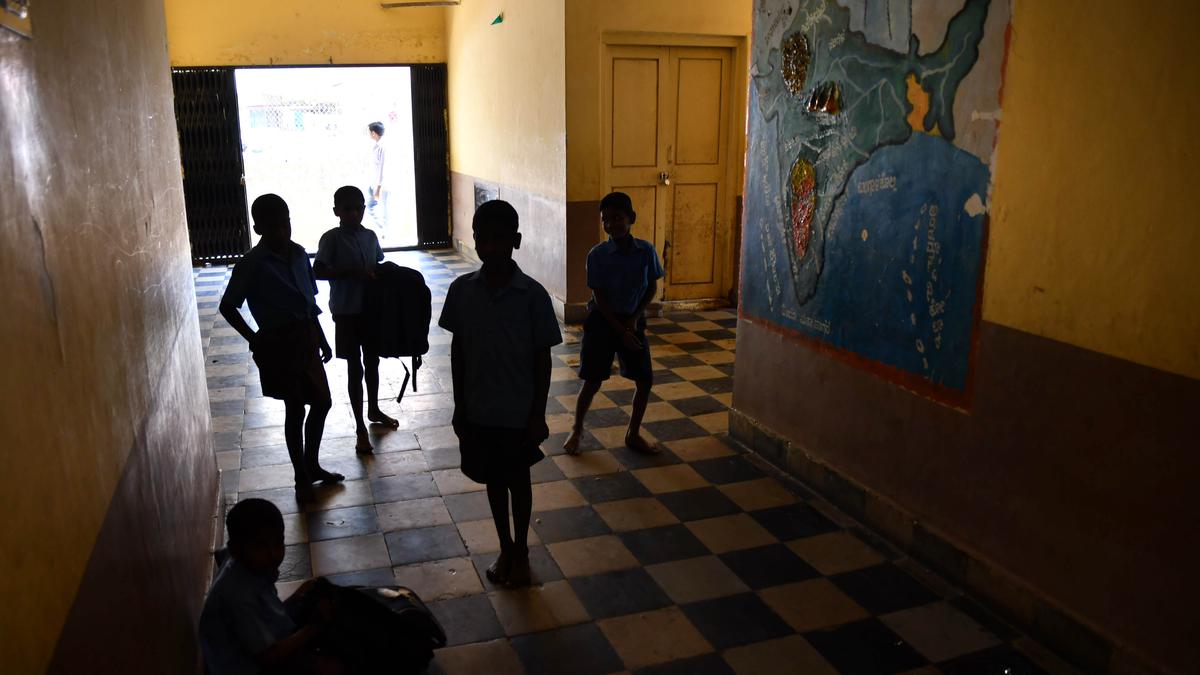
‘13 years on, implementation of RTE still poor; political commitment lacking’
The Hindu
Thirteen years after the Right of Children to Free and Compulsory Education (RTE) Act, 2009, came into force, only 25.5% of its infrastructural norms, including additional classrooms, separate toilets for boys and girls, drinking water, ramp, playground, and boundary wall has been achieved, according to the report of the Union Ministry of School Education and Literacy about RTE compliance in the country.
Thirteen years after the Right of Children to Free and Compulsory Education (RTE) Act, 2009, came into force, only 25.5% of its infrastructural norms, including additional classrooms, separate toilets for boys and girls, drinking water, ramp, playground, and boundary wall has been achieved, according to the report of the Union Ministry of School Education and Literacy about RTE compliance in the country.
“Irrespective of political parties, all the State governments are least bothered about the implementation of the RTE Act in Karnataka. We could not see any kind of political commitment to implement RTE in the State. The Act was implemented in 2010 and the rules were formulated in 2012. There was a delay of two years to formulate rules in terms of implementation,” said V.P. Niranjanaradhya, convener of the South Indian Alliance for Fundamental Right to Education (SIAFFRE).
The organisation of seven southern States and Union Territories — Andhra Pradesh, Goa, Karnataka, Kerala, Maharashtra, Puducherry, Tamil Nadu, and Telangana — got together to reflect on the ‘Status of the fundamental right to education and the way forward’, on Saturday in Bengaluru.
“Since 2012, Education Department officials are thinking that implementation of the RTE means providing 25% seat reservation in private schools for poor children. But they never realise that there are 39 sections in the Act. The entire administration is busy in calling applications, selecting children, and sending them to private schools, instead of monitoring and developing the government schools,” Mr. Niranjanaradhya alleged.
According to the report, Karnataka’s achievement percentage is 23.6%, while the achievement of the Andaman and Nicobar Islands is 25.9%, Andhra Pradesh 10.7%, Goa 17.4%, Kerala 40.9%, Maharashtra 43.2%, Lakshadweep 12.2%, Puducherry 36.1%, Tamil Nadu 49.1%, and Telangana 32.0%.
A total of 12,54,773 posts of teacher are vacant in government schools, and Karnataka has 1,41,358 posts of teacher vacant, which is the highest. There are a total of 9,30,531 out-of-school children in India, and in Karnataka, the number is 5,945.













